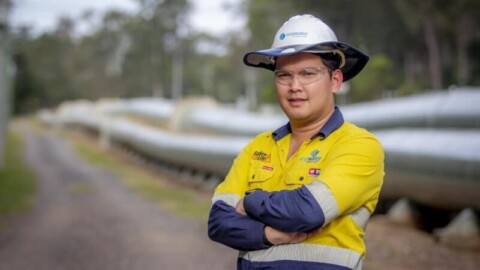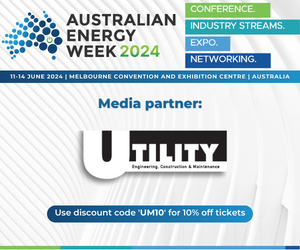According to Australia’s most comprehensive survey of household energy use, home battery storage systems and electric vehicles continue to be on the rise in Queensland.
Energy Minister Mark Bailey said the Queensland Household Energy Survey canvassed the views of more than 4,500 residents around the state, providing information on energy use, awareness and intentions, as well as current and forecast trends regarding electrical equipment in homes.
“The survey showed awareness of home battery storage systems has greatly increased in Queensland with 62 per cent of regional respondents and 56 per cent of south east Queensland (SEQ) respondents aware of battery storage systems compared to only 38 and 31 per cent in 2013,” Mr Bailey said.
“Queensland has the highest solar uptake in Australia and many solar customers are now looking to maximise the benefits of an increased mix of renewable energy by installing batteries.
“36 per cent of regional households and 40 per cent of SEQ households who have solar PV intend to install battery storage in the next three years compared to only 15 and 11 per cent in 2013.
“While the high cost of battery storage remains the primary barrier to uptake among homeowners, competition in the market is driving the cost of battery storage down, just as we have seen with the uptake of solar.
Mr Bailey said energy supply in Queensland is undergoing a transformational change in the way it is generated, transported, and used, and battery storage will play a big part in this transformation.
“Through Energy Queensland, we’re undertaking a number of battery energy storage system trials – both ‘real world’ residential and laboratory-based demonstrations – to understand how customers can make the most of this technology.”
Mr Bailey said another key finding of the survey was that half of all Queenslanders who are in the market for a new vehicle are willing to consider an electric vehicle (EV) or hybrid.
“The survey showed that people considering an EV fall within two groups – those motivated by the value and cost effectiveness of EVs, and those motivated by the environment,” said Mr Bailey.
“The adoption of EVs is likely to increase in mid-2018 following the release of new models addressing the two main barriers to uptake – that they are too expensive to purchase and their range is not long enough.
“Improved charging infrastructure will also greatly accelerate uptake of EVs which is why the Palaszczuk Government is working with Energy Queensland to develop the Queensland Electric Super Highway.
“This series of fast-chargers will allow EV users to travel from the Gold Coast to Cairns on the world’s longest electric super highway in any state or regional jurisdiction.”
Energy Queensland Chief Executive Officer, David Smales, said the survey also showed that evolving technologies will alter the way the electricity grid is used.
“While battery storage will first be taken up in regional Queensland, many of these households will want distributors to provide a backup connection to the grid,” Mr Smales said.
“The survey also flags that modern energy efficient technology will continue to replace older technology.
“For example, split system air conditioners replacing box air conditioners, LED TVs replacing LCD and Plasma TVs and LED light bulbs replacing CFL (compact fluorescent) light bulbs – these behaviours will result in less demand on the network.”
The Queensland Household Energy Survey has collected eight years of data and trend analysis and provides an insight into changing energy use across the state.
The results, combined with other community engagement and research, will help Energy Queensland and Powerlink to develop network planning and energy management programs.















